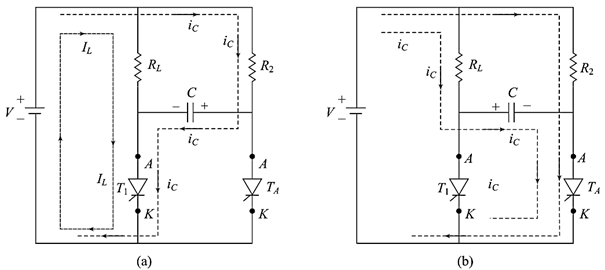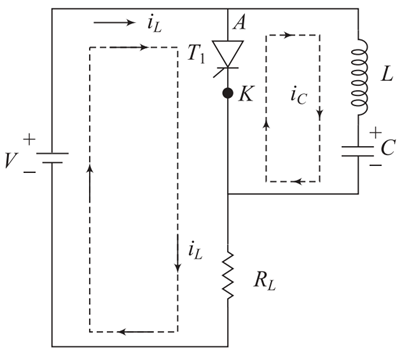Syllabus
DC Circuits: Electrical circuit elements (R, L and C), voltage and current sources, Ohms Law, KVL and KCL, Mesh and Nodal Analysis, Superposition, Thevenin’s, Norton’s and Maximum Power Transfer Theorems.
AC Circuits: Representation of sinusoidal waveforms, peak and RMS values, phasor representation, real power, reactive power, apparent power, power factor.
D.C. Generators: Principle of operation, Action of commutator, constructional features, armature windings – lap and wave windings, E.M.F. Equation, separately excited and self-excited dc generators, Magnetization Characteristics and Load Characteristics.
D.C. Motors: Principle of operation – Types – Back E.M.F., Torque equation, Characteristics, Speed control of D.C. Motors (Armature and field control), Losses and Efficiency, Brake Test, Swinburne’s Test.
Electronic Devices: Diodes – symbols, operation, V-I characteristics, Rectifiers – half wave, full wave and bridge rectifiers. Transistors – Construction and operation, CB, CE and CC configurations and characteristics, applications.
Digital Systems: Representation of Numerical Data in Binary Form, Basic and universal logic gates, Boolean algebra, De Morgan’s laws, Simplification by Boolean theorems, Implementation using logic gates.
Resources
Lecture Notes
Module 1 (Download)
Module 1 (Download)
Module 1 (Download)
Module 1 (Download)
Module 1 (Download)




